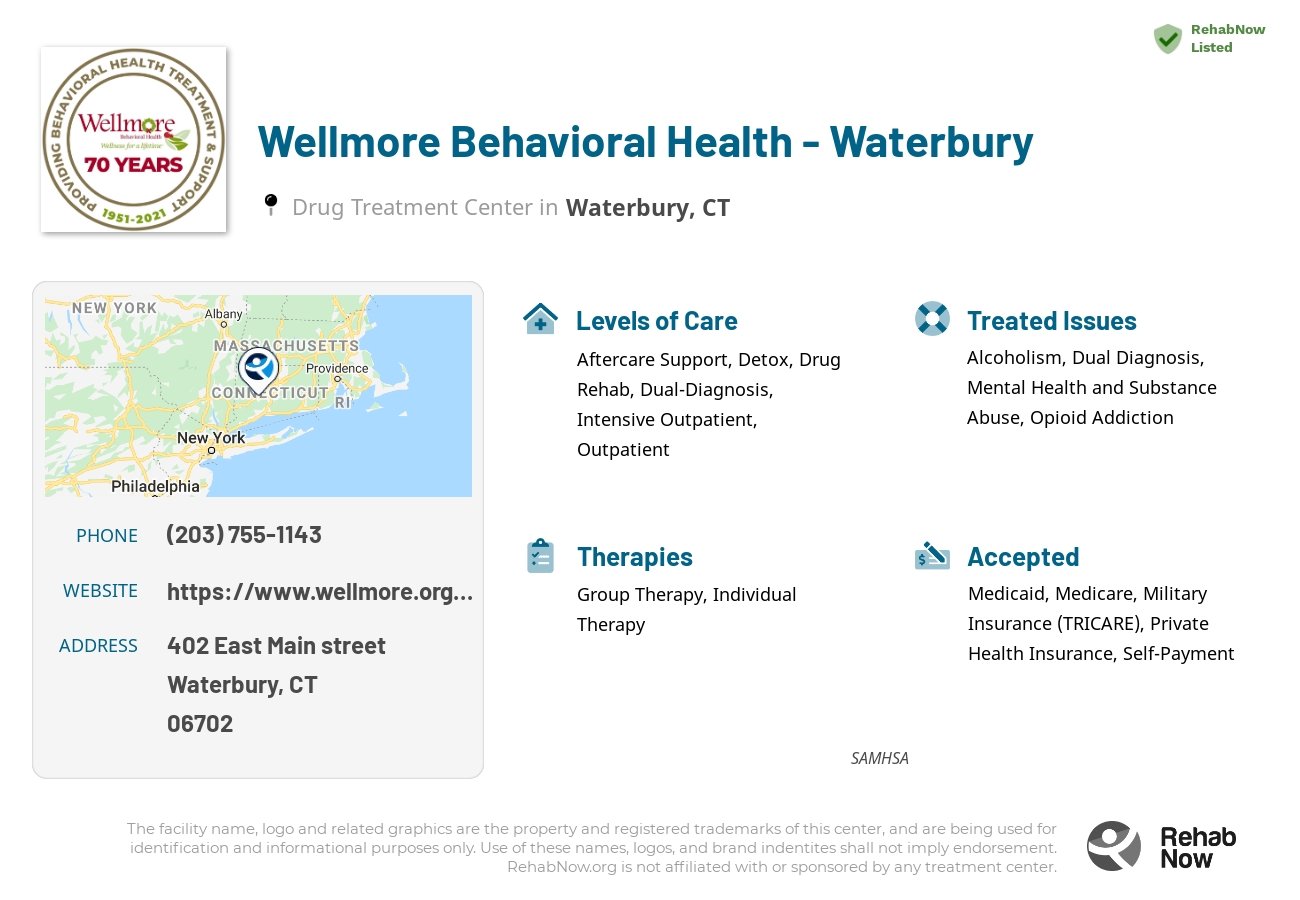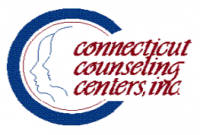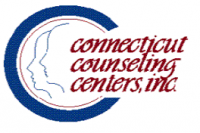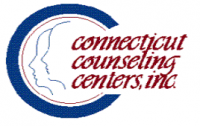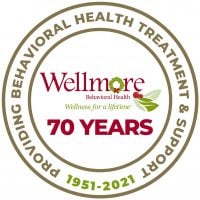
Wellmore Behavioral Health - Waterbury
Drug Rehab Center in Waterbury, Connecticut
- Opioid Addiction
- Dual Diagnosis
- Drug Addiction
- Alcoholism
Wellmore Behavioral Health - Waterbury offers comprehensive addiction treatment services in Connecticut, including detox, drug rehab, and aftercare support, for individuals seeking recovery from addiction.
About Wellmore Behavioral Health - Waterbury in Connecticut
Wellmore Behavioral Health - Waterbury, located in Waterbury, Connecticut, is an addiction treatment facility that specializes in helping individuals suffering from alcoholism, dual diagnosis, opioid addiction, and drug addiction. They are accredited by SAMHSA (Substance Abuse and Mental Health Services Administration), which ensures that their services meet the highest standards of quality and effectiveness. With a focus on holistic care, Wellmore Behavioral Health - Waterbury offers a range of levels of care, including outpatient and intensive outpatient programs, as well as detox and aftercare support. Their commitment to providing comprehensive addiction treatment makes them a trusted resource for individuals seeking recovery.
Wellmore Behavioral Health - Waterbury provides a wide range of services to address addiction and substance abuse. Their offerings include detoxification, which is the process of removing toxins from the body to help individuals safely overcome physical dependence on drugs or alcohol. They also provide drug rehabilitation programs, offering a structured environment and evidence-based therapies to help individuals address the underlying causes of addiction and develop healthy coping mechanisms. Additionally, Wellmore Behavioral Health - Waterbury offers dual-diagnosis treatment, recognizing the importance of addressing both mental health and substance abuse issues concurrently. Their intensive outpatient and outpatient programs allow individuals to receive ongoing support and treatment while maintaining their daily responsibilities. With their comprehensive approach and emphasis on personalized care, Wellmore Behavioral Health - Waterbury is dedicated to helping individuals achieve lasting recovery from addiction.
Genders
Ages
Modality
Additional
Accreditations
SAMHSA
Conditions and Issues Treated
Opioid addiction treatment should be done in a medically supervised drug rehab. While taking opioids, users will typically use other substances to enhance the effects of opioids or to reduce the adverse effects of opioid use. Opioid addiction treatment will include detoxification and drug rehab counseling to help both the user and their loved ones learn how to live a successful sober lifestyle.
Treatments such as methadone, buprenorphine, and naltrexone are three medications that can help treat opioid addiction. These drugs work on the brain’s pleasure center and reduce cravings and the effects of illicit opioids such as heroin. These drugs can be either given orally or by injection. Individual drug rehab counseling sessions can be helpful to discuss any questions or concerns with the drug treatment program. This counseling will also help the user set goals for when they finish drug rehab.
Opioid addiction recovery is a long process. Many of the changes to the brain caused by opioid use cannot be undone, but with time and the proper treatment, a person can return to normal function. After detox, treatment will include drug rehab counseling and entering a halfway house or sober living community. Aftercare is critical to long-term recovery, as it helps the user avoid relapsing and entering back into drug rehab.
Levels of Care Offered
This center offers a variety of custom treatment tailored to individual recovery. Currently available are Aftercare Support, Detox, Drug Rehab, Dual-Diagnosis, Intensive Outpatient, Outpatient, with additional therapies available as listed below.
An addict may have to go through alcohol or drug withdrawal. While detox may be uncomfortable, it is not life-threatening. Detoxification allows the addict to rid the body of all traces of drugs or alcohol and gives the addict a clean slate for their recovery. In an inpatient or outpatient setting, detox can be managed medically.
Intensive outpatient treatment is a type of comprehensive addiction care. Unlike conventional residential treatment programs, the patients live at home during the recovery process. This means that one can continue working and caring for their families. These also allow people to keep pursuing their studies while also working on their sobriety.
Outpatient treatment can help one transition to normal life from the round-the-clock supervision and treatment available during inpatient treatment. It is an excellent tool to ensure long-term recovery. However, it is essential to note that intensive outpatient treatment in itself does not remove patients from the real-world setting. This means there’s always a higher risk of coming across environmental triggers. To further prevent relapse, an outpatient treatment center should be able to provide ongoing support services.
Once the patient is enrolled in an intensive outpatient treatment program, they will be expected to attend therapy and group meetings daily for a stipulated period. The frequency and duration of each session will depend on the patient’s needs and level of addiction. This can help curb the habit and deal with underlying issues that led to it. Most of these professional treatments are designed to allow patients to structure their daily schedules in a way that is conducive to recovery.
“Outpatient treatment is ideal for those who have a lower intensity addiction. It’s also suitable for those with a supportive environment and those on a tight budget.
Outpatient treatment can be considered the lowest intensity level of addiction treatment. It is ideal for early phase addiction or lower intensity addictions. It may involve weekly sessions instead of daily. Peer group support, 12-step programs, and individual counseling may still be used and anti-addiction medication.
Aftercare support is vital to those who have completed a drug or alcohol treatment program. This support comes in individual and family counseling, treatment of psychiatric and other medical conditions, and medications to reduce cravings. It helps recovering addicts adjust to normal day-to-day activities and can last for a year or longer.
The majority of drug and alcohol addicts who receive aftercare treatment do not relapse. It is estimated that without aftercare, the relapse rate will be between 70 to 90 percent for most people. Aftercare is the final stage in addiction recovery, but it will also help maintain sobriety if relapse does occur.
Therapies & Programs
No single treatment works for all addicts; therefore, the goal of treatment and therapy should be to find what works best for each individual. Some people requiring addiction treatment may only need a few weeks of inpatient care. Others will require long-term residential care. Tolerance and withdrawal levels vary from person to person and thus affect the intensity of the treatment needed.
If an individualized approach to treatment and therapy is not offered, addicts may fail to reap benefits from their efforts. Professionals must customize plans according to their patient’s needs, limitations, and strengths. The goal of all forms of addiction treatment should be for addicts to find healthy ways to cope with their addiction and its underlying causes.
Group therapy is held in a safe, controlled setting where patients can feel comfortable sharing their struggles and gaining perspective through shared conversations. It takes place in a group rather than one on one to prevent feelings of isolation or being unique in their situation while creating an environment for addicts at Wellmore Behavioral Health - Waterbury to develop fellowship, accountability, and support. Group therapy is an important tool in recovery that prevents cravings that prompt a return to active addiction.
Payment Options Accepted
For specific insurance or payment methods please contact us.
Is your insurance accepted?
Ask an expert, call (888) 674-0062
Wellmore Behavioral Health Associated Centers
Discover treatment facilities under the same provider.
- Wellmore Behavioral Health - Waterbury in Waterbury, CT
- Wellmore Behavioral Health - Women and Children in Shelton, CT
- Wellmore Behavioral Health - Shelton in Shelton, CT
- Wellmore Behavioral Health - Recovery House in Waterbury, CT
Learn More About Wellmore Behavioral Health Centers
Additional Details
Specifics, location, and helpful extra information.
Waterbury, Connecticut 6702 Phone Number(203) 755-1143 Meta DetailsUpdated November 25, 2023
Staff Verified
Wellmore Behavioral Health - Waterbury Patient Reviews
There are no reviews yet. Be the first one to write one.
Waterbury, Connecticut Addiction Information
Connecticut has a higher rate of substance abuse and addiction than the national average. The state ranks in the top 10 in the country for illicit drug dependence among those ages 18 to 25. In 2010, there were 9,211 people admitted to an alcohol treatment facility for alcohol abuse combined with a secondary drug. Connecticut ranked fifth in the United States of America for the number of fatalities involving drunk driving in 2014.
Waterbury, CT is a community that has been deeply affected by drug addiction and abuse. In 2019, there were 1,496 reported cases of drug abuse and addiction. In Waterbury, there were 112 overdose deaths in 2016, which is a rate of 24.8 deaths per 100,000 people. The most commonly abused drugs in Waterbury are heroin and cocaine. The city has established several initiatives to help residents get treatment services.
Treatment in Nearby Cities
- Winsted, CT (25.4 mi.)
- East Canaan, CT (34.3 mi.)
- Brookfield, CT (20.1 mi.)
- Shelton, CT (16.7 mi.)
- New Britain, CT (15.1 mi.)
Centers near Wellmore Behavioral Health - Waterbury
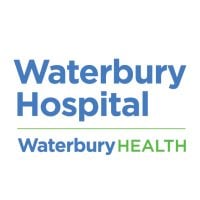


The facility name, logo and brand are the property and registered trademarks of Wellmore Behavioral Health - Waterbury, and are being used for identification and informational purposes only. Use of these names, logos and brands shall not imply endorsement. RehabNow.org is not affiliated with or sponsored by Wellmore Behavioral Health - Waterbury.


